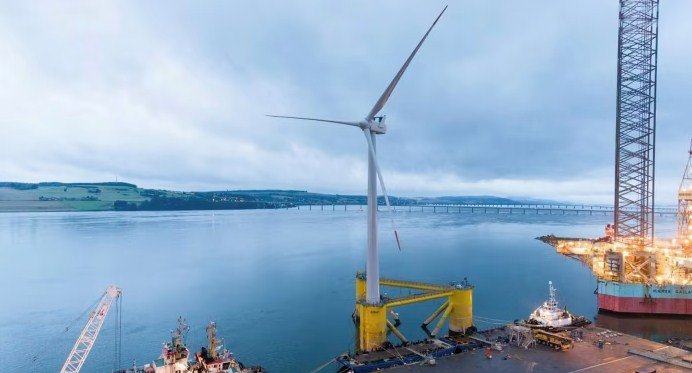Climate tech is a term that refers to technologies and solutions that aim to reduce greenhouse gas emissions, enhance resilience to climate change, and support the transition to a low-carbon economy. Climate tech encompasses sectors such as clean energy, electric vehicles, carbon capture, green hydrogen, and agtech.
However, despite the growing demand, momentum, and urgency for climate tech-driven solutions, equity investment in startups has significantly declined in 2023. According to PwC’s fourth annual state of Climate Tech report, venture and private equity investment was down 50.2% year-on-year to reach US $638 billion in 2023, while private market equity and grant funding in climate tech startups fell by 40.5%.
What Caused The Decline In Climate Tech Investment?
The report attributes the decline in climate tech investment to several factors, such as geopolitical turmoil, inflation, rising interest rates, supply chain disruptions, and regulatory uncertainty. These factors have set climate tech investment back to the level of five years ago, creating a challenging environment for startups to raise capital and scale their innovations.
The report also notes that the Covid-19 pandemic has had a mixed impact on climate tech investment. On one hand, it has accelerated the adoption of digital technologies and increased the awareness of environmental and social issues. On the other hand, it has also reduced the availability of capital and increased the risk aversion of investors.
Another factor that may have contributed to the decline in climate tech investment is the uneven distribution of funding across regions and sectors. The report reveals that North America and Europe accounted for 84% of the total climate tech investment in 2023, while Asia-Pacific and other regions received only 16%. Moreover, some sectors such as clean energy and electric vehicles received more attention and funding than others such as carbon capture and green hydrogen.
How Are Investors Responding To The Decline In Climate Tech Investment?
Despite the gloomy figures, climate tech is demonstrating resilience in that the climate tech share, relative to the overall startup market, has increased. Climate tech’s share of private market equity and grant investment continues to outpace other investment sectors, growing at an annual rate of 10% in a continuation of a decade-long upward trajectory, says PwC.
Furthermore, some investors are adopting new strategies and approaches to support climate tech startups and overcome the challenges posed by the market conditions. For example:
- Some investors are focusing on software solutions rather than hardware innovations, as software tends to have lower capital requirements, faster development cycles, and higher scalability than hardware.
- Some investors are forming partnerships and collaborations with other stakeholders such as corporates, governments, universities, and NGOs to leverage their resources, expertise, and networks.
- Some investors are diversifying their portfolios across different regions and sectors to mitigate the risks and capture the opportunities in different markets.
- Some investors are applying impact measurement and reporting frameworks to assess the environmental and social performance of their investments and align them with their ESG goals.
What Are The Opportunities And Challenges For Climate Tech Investment In The Future?
The report concludes that climate tech investment is expected to rebound in the future, driven by a heightened focus on ESG in private markets, emerging regulations and standards, and thousands of companies committing to net zero strategies. According to Goldman Sachs, the total investment opportunity will reach $56 trillion by 2050 on the path to global net zero.
However, the report also warns that there are still many challenges and barriers that need to be overcome to unlock the full potential of climate tech investment. Some of these include:
- The need for more innovation and experimentation in developing breakthrough technologies that can address the hard-to-abate sectors such as aviation, shipping, cement, and steel.
- The need for more policy support and incentives from governments to create a level playing field for climate tech startups and reduce the regulatory uncertainty and complexity.
- The need for more talent attraction and retention in the climate tech sector, especially in areas such as engineering, data science, design, and entrepreneurship.
- The need for more education and awareness among investors and consumers about the benefits and impacts of climate tech solutions.

